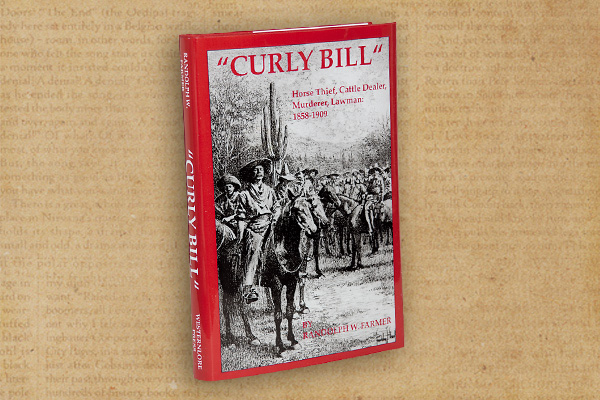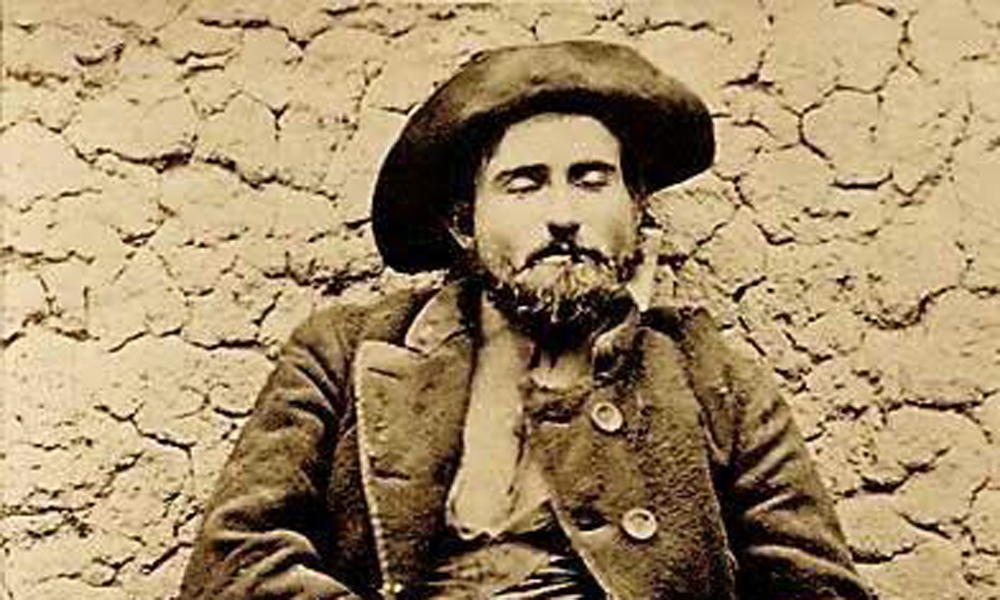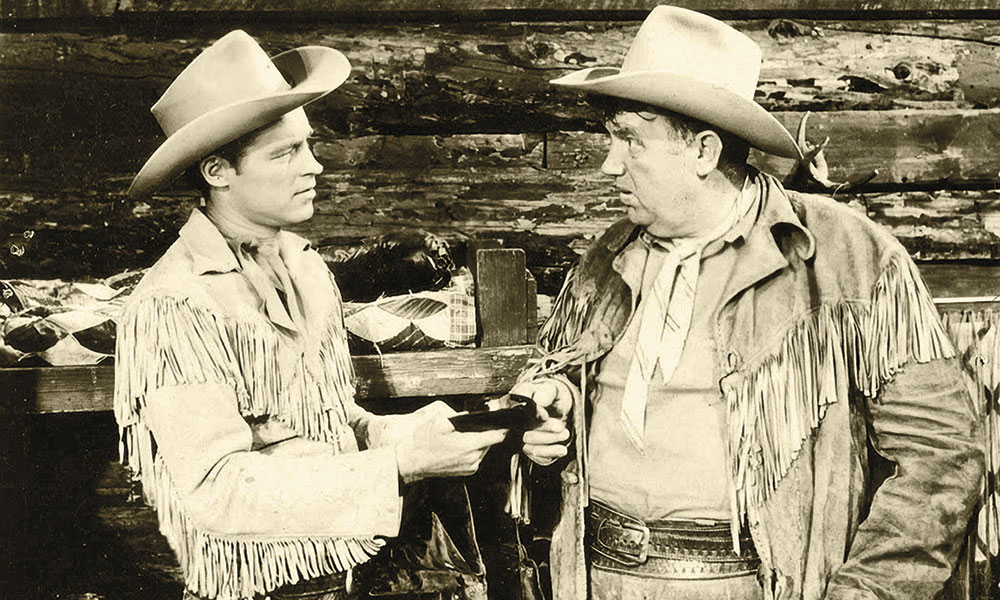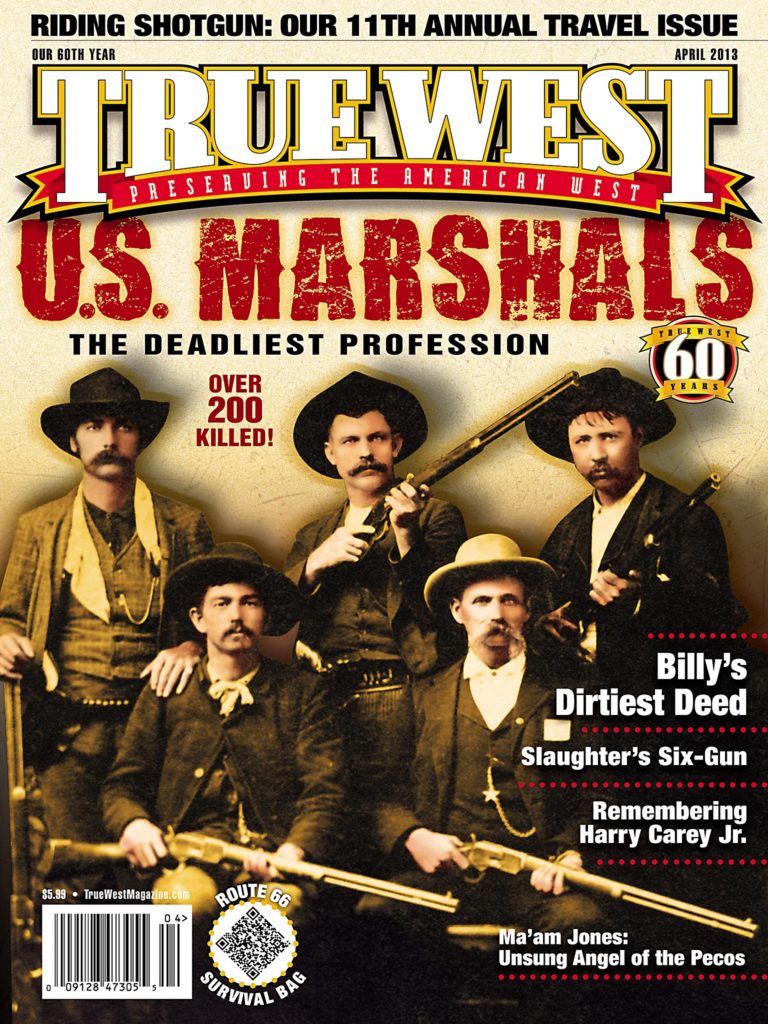
Two Experts Weigh In
Randolph Farmer sets out to explain the man behind a legend in “Curly Bill:” Horse Thief, Cattle Rustler, Murderer, Lawman 1858-1909.
Like others before him, myself included, Farmer contests Wyatt Earp’s claim that he killed Curly Bill Brocius in Arizona during 1882. Farmer further proclaims that William A. Brosius—yes, Farmer claims that’s the correct spelling of his name—was Curly Bill, that Brosius married in 1883 and that he lived a long, productive life in Texas before dying in 1909. But was that man really Curly Bill? Farmer does present some interesting information using name and place associations, but overall, his claim regarding William A. Brocius is not substantiated by what he shares in the book. Still, this is a worthwhile book for Old West enthusiasts; readers can draw their own conclusions.
—Steve Gatto, author of Curly Bill: Tombstone’s Most Famous Outlaw
Randolph Farmer’s “Curly Bill” appears to be a biography of the cattle rustling cowboy who survives in frontier history as a minor appendage to the Wyatt Earp story. The text is dense and fraught with irrelevancies, while the book’s sources are obscured by a blizzard of footnotes (one source is attributed to Wikipedia). Farmer teases with rhetorical questions like, “Is this a description of Curly Bill Brosius as a young man?” “Was this Concho Curly really Curly Bill?” and “Could he [one William Smith] possibly have been Curly Bill Brosius?” I found myself muttering, “It’s your book, you tell us.” Sadly, despite Farmer’s efforts, “Curly Bill’s” sources are dubious, and his argument unconvincing.
—Allen Barra, author of Inventing Wyatt Earp: His Life and Many Legends
TWMAG.COM EXTRA: Please click here for an extended review on this book by Allen Barra.






